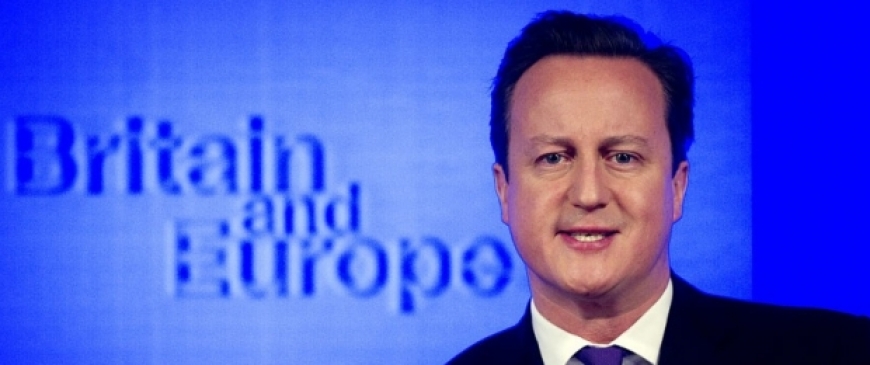
Britain can't be Norway, and Eurosceptics know this
People usually vote for the status quo in referendums. The plebescites on Scottish independence, on the voting system – and on Europe in 1975 – all saw the public sticking with what they knew. Leading eurosceptics know this, which is why they are advocating Norway’s model of association with the EU.
Owen Paterson, the former environment minister who might lead the Leave campaign, says that if Britain joins Norway in the European Economic Area, Britain would be “perfectly at liberty to pursue participation in the single market without being saddled with the EU as a political project.” Since Norway does not abide by the EU’s agriculture, fisheries, regional or foreign policies, Daniel Hannan thinks it is “not a bad deal”.
Eurosceptics recognise that voters will fret about the economic risks, since Britain would be leaving the largest and most comprehensive free trade area in the world. Brexit campaigners are therefore promoting Norway as the risk-free option: access to the market, but without all of the tiresome political interference from ‘Brussels’.
But the fact is that political interference would grow, not shrink, if Britain joined the EEA. The EEA states – Norway, Iceland and Liechtenstein – must sign up to all of the economic rules governing the single market, but they have almost no say over those rules. They are given the chance to comment on proposed EU regulations, but have no votes in the Council or the European Parliament, and they do not get to choose Commissioners.
The majority of the EU’s laws are economic ones, and Britain in the EEA would simply have to swallow rules that suited France and Germany, who would become the two most powerful EU states – and who are less pro-market than the UK. What’s more, members of the EEA must accept immigration from the rest of the EU, and they must pay into the EU’s budget. Norway’s budget contribution is 87 per cent of Britain’s, on a per capita basis.
Why, then, are eurosceptics promoting the Norway option, since the loss of sovereignty would be intolerable for eurosceptics and the public alike? The answer lies in the rules governing a member-state’s withdrawal from the EU. The Lisbon treaty gives Britain two years to negotiate a withdrawal treaty after it votes to leave the EU – which can be extended if all member-states agree.
There would therefore be two political phases to the withdrawal process.
In the first phase, before the referendum, Brexit campaigners will try to downplay the economic risks, by arguing that Britain can stay in the single market but withdraw from the institutions that govern the EU.
The second, post-Brexit phase will be about what sort of association Britain should have with the EU. If David Cameron survived taking Britain out of Europe – which is a big if – he would have to negotiate the withdrawal treaty. The remaining EU would insist that, if Britain wanted full access to goods, services, public procurement and financial markets, it would have to join the EEA.
Business leaders would put pressure on him to do so, since they do not want trade barriers to go up with the rest of Europe. But eurosceptics would switch allegiances, demanding a bespoke free trade agreement without free movement or budget contributions. And since immigration, sovereignty and the EU budget are the main reasons for Britons’ hostility to the EU, it is hard to see how Britain would end up in the EEA: the eurosceptic demand for a free trade agreement would be likely to win out.
Such an agreement would take many years to negotiate, adding to economic uncertainty. For its part, the EU might offer tariff-free access in some goods markets, but would be unlikely to cede the access to financial markets that is important to the City of London. Manufacturers, banks and professional services firms would invest elsewhere, damaging the economy.
Thus voters should have good reasons to be sceptical about eurosceptics’ motives. The Norwegian alternative wouldn’t work for the UK, and its advocates will change their tune if they win the referendum.
John Springford is a senior research fellow at the Centre for European Reform.
